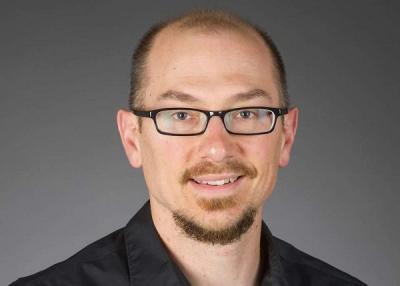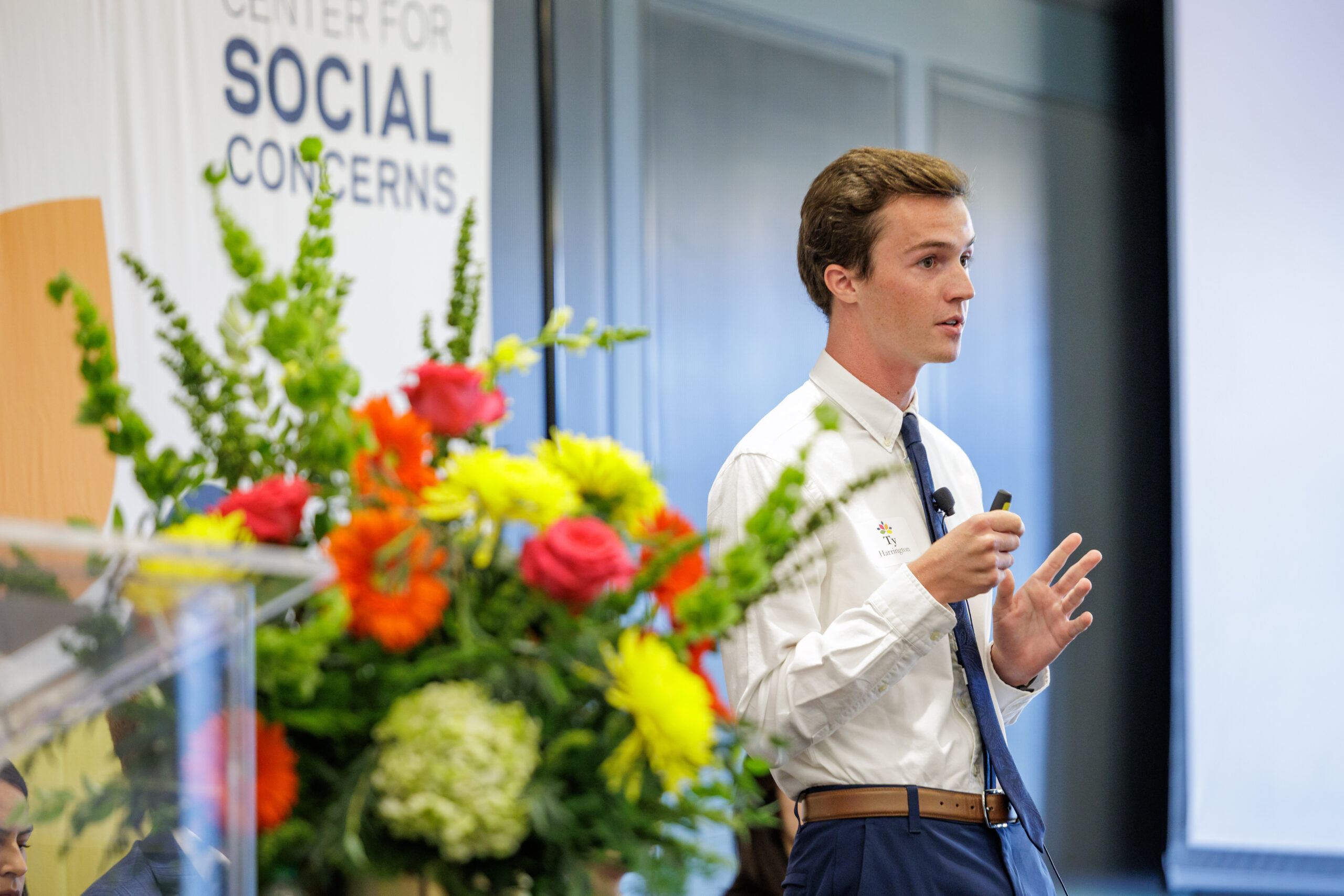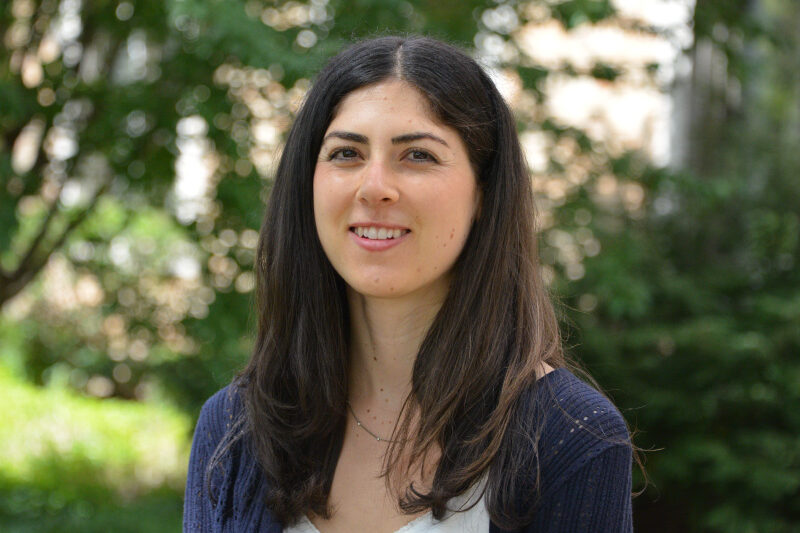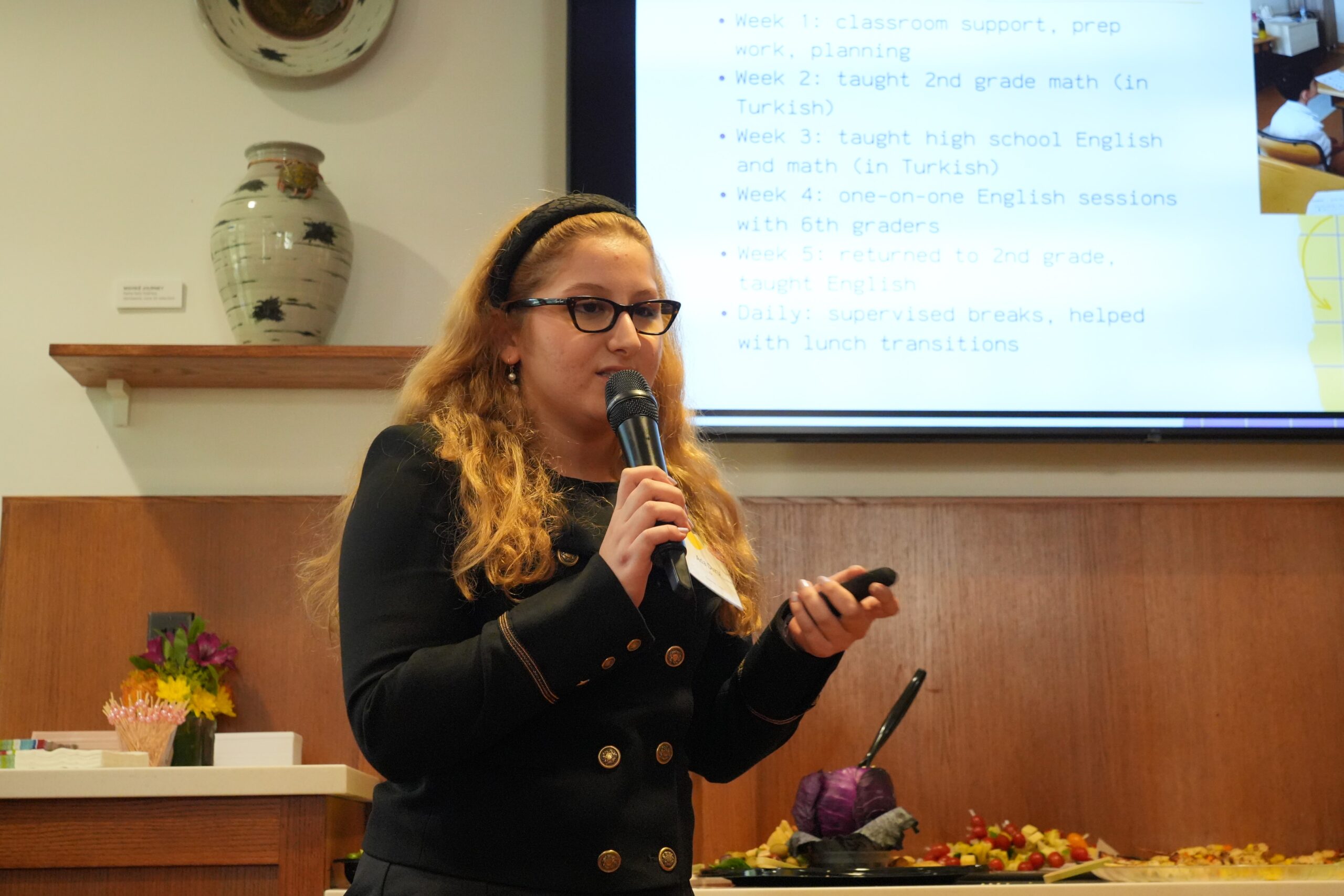ReSearching for the Common Good: Kraig Beyerlein
February 12, 2024
As an interdisciplinary academic institute, the Institute for Social Concerns leverages research to respond to the complex demands of justice and to serve the common good. This series, ReSearching for the Common Good, highlights some of the scholars in our community.

Kraig Beyerlein is an associate professor in the Department of Sociology and director of the Center for the Study of Religion and Society. His primary research interest is the intersection between religion and social movements.
Kraig is a faculty fellow of the Institute for Social Concerns.
What are you researching right now?
I’ve long been interested in how religion mobilizes for the common good, and I’m particularly interested in the role that congregations play in doing so. Right now my specific research question is: How do congregations affect community residents? In other words, do congregations have contextual effects and what are the nature of these effects? Does the number of congregations matter for residents’ wellbeing, access to social services, or civic engagement? Or is it what congregations are doing in the communities that matters more? For example, if you live in a community where a lot of congregations are engaged in social outreach, that may benefit you, even if you’re not personally involved in a congregation. We’re bringing data to bear in answering such questions.
How is the Chicago Congregations Project (CCP) addressing this question?
No good dataset on congregations exists in the city of Chicago. We thus built one using both virtual (e.g., Google Street View) and physical canvassing of neighborhoods, along with a great deal of online sleuthing, to determine active status of congregations and so on. By doing so, we generated the approximate census of congregations in the Windy City. And then, by collecting publicly accessible social media data and surveying a sample of congregations as well as residents in the city of Chicago, we’re able to piece all of this together to investigate some really interesting questions about the effects of religious organizations on communities.
How do you see your work advancing the common good?
Regarding the CCP, I see this in two ways. First, the preexisting data undercounts Chicago congregations, and the undercounting is not random. There’s more undercounting in communities of color and in lower socioeconomic-status communities, so getting the data right is an issue of justice—so that all congregations are included and our research is representative of all Chicago communities.
Second, not all congregations promote the common good. So, identifying the ways in which some congregations impede the common good and understanding how to overcome these impediments are just as important as shining light on congregations that put their faith into action and mobilize for the common good.
Related Stories
-
Social Concerns Summer Fellow returns to India for ongoing research
-
ReSearching for the Common Good: Solbee Kang
-
Bridging worlds through art—Kyla Walker joins institute as international poetry justice fellow
-
The power of encounter—RISE Hometown prepares incoming students for learning in service of justice at Notre Dame
-
The beauty of everyday democracy—Institute convenes scholars, practitioners, Luke Bretherton for democracy conference





